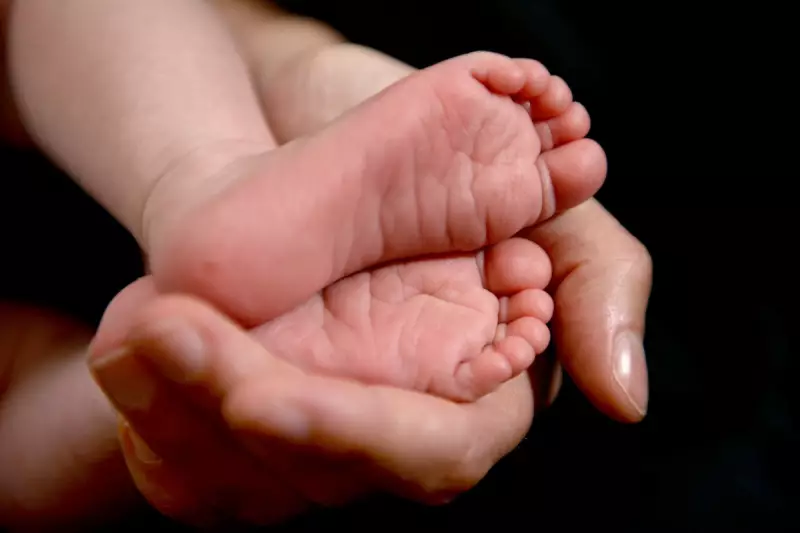
In an extraordinary medical achievement, a baby girl has been born from an embryo frozen for almost three decades, making it the longest-frozen embryo to ever result in a successful birth.
The Ohio-based couple, Rachel and Philip Ridgeway, welcomed their daughter, Molly Everette Ridgeway, who was conceived from an embryo preserved in October 1992—nearly 30 years ago.
A Record-Breaking Birth
The National Embryo Donation Center (NEDC) confirmed that Molly's birth sets a new record, surpassing the previous milestone held by a baby born from an embryo frozen for 24 years.
Dr. John Gordon, the fertility specialist who facilitated the implantation, described the case as "remarkable," highlighting the resilience of cryopreservation technology.
The Journey to Parenthood
The Ridgeways, who already have four biological children, chose embryo donation as a way to expand their family. They selected Molly's embryo from a batch donated by an anonymous couple in the 1990s.
"We were amazed by the science behind it," Rachel Ridgeway said. "To think this embryo was frozen when we were just kids—it’s mind-blowing."
How Embryo Cryopreservation Works
Embryo freezing, or cryopreservation, involves cooling embryos to sub-zero temperatures, effectively pausing biological activity. Advances in vitrification—a flash-freezing technique—have significantly improved success rates in recent years.
Experts suggest that frozen embryos can remain viable indefinitely, though long-term data is still limited.
Ethical and Emotional Considerations
The Ridgeways' story has sparked discussions about the ethical implications of long-term embryo storage and donation. Some argue it raises questions about the fate of thousands of unused frozen embryos worldwide.
For the Ridgeways, however, the focus remains on gratitude. "Molly is a miracle," Philip said. "We’re just thankful science made this possible."





